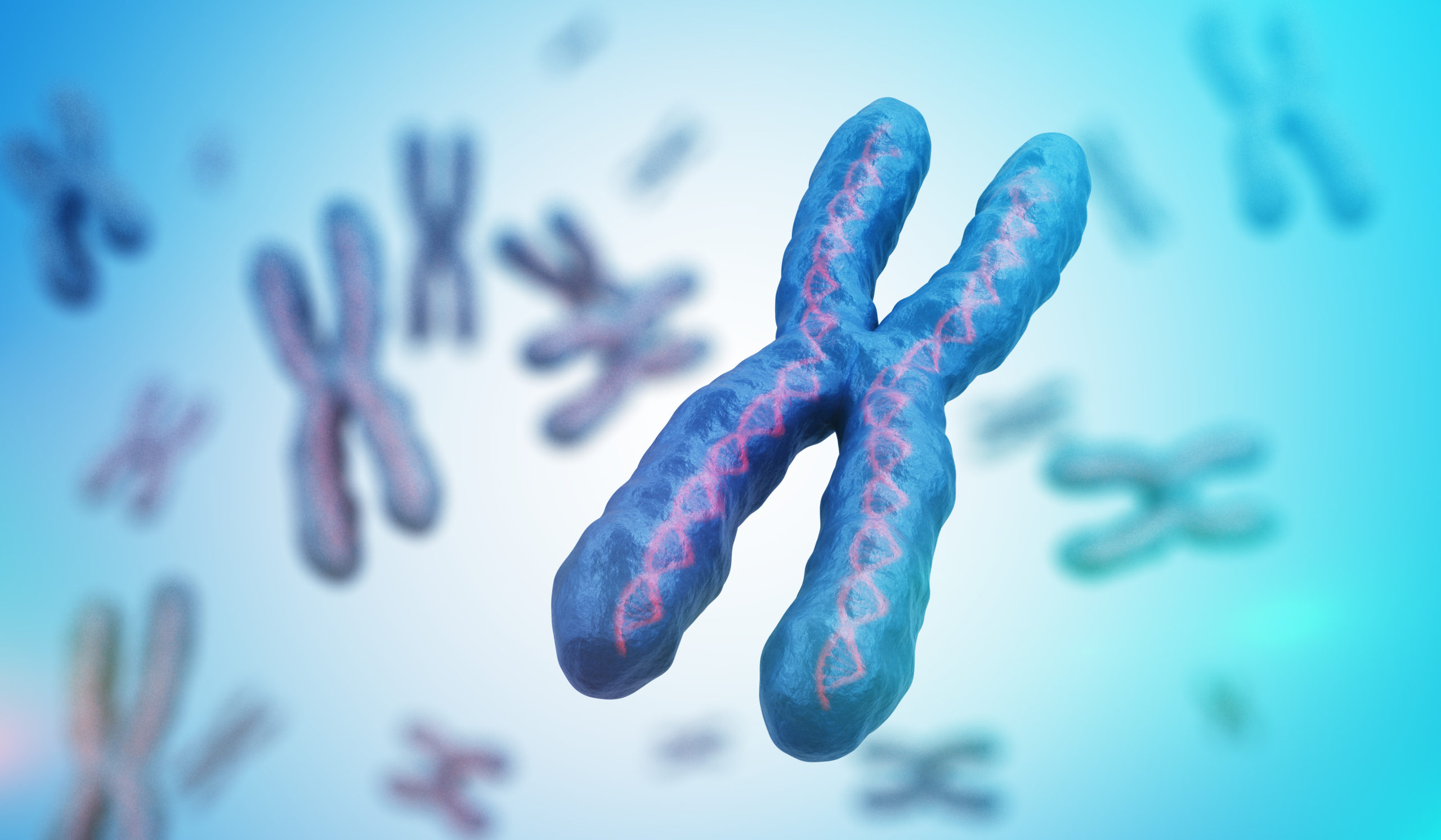Klinefelter Syndrome Facial Features
Profile of a rare disease – Klinefelter syndrome
Klinefelter is a rare disease that occurs in males. It is caused by the presence of an extra X chromosome, instead of XY chromosomes, affected individuals have XXY chromosomes. For this reason, the syndrome is also often known as XXY syndrome.
There are three types of this genetic syndrome:
- When there is an extra X chromosome in each cell
- Mosaic Klinefelter- when the extra X chromosome appears in just some of the cells.
- When there is more than one extra X chromosome, as in XXXY – this form of the syndrome is very rare and severe.
Klinefelter is not an inherited condition. Males with the syndrome are infertile. The extra X chromosome is the result of a spontaneous mutation that occurs during the creation of the reproductive cells.
There is some evidence to suggest that increased maternal age increases the risk of Klinefelter, and other chromosomal abnormalities, but this is not yet cited or recognized as a direct cause of the syndrome.
The current prevalence of the syndrome is believed to be 1 in every 500-1,000 live births. Many affected individuals are not diagnosed with the syndrome until adulthood, and it is believed that many more go completely undiagnosed.
Klinefelter- facial features and symptoms
Klinefelter, like many genetic syndromes, is characterized by its unique facial features and symptoms.
The main symptoms of this genetic syndrome include:
-Small testicles/testes – this is one of the most common and obvious features of the syndrome
-Less facial hair than other males, as well as less public hair
-Gynecomastia – breast tissue development
-A taller than average body, a thin stature and long arms and legs that are not proportionate to the rest of the body
-In some affected individuals obesity can be an issue
-Early osteoporosis, a weakening of the bones
-Infertility
Some of the early signs of Klinefelter include:
-Walking delay in infancy
-Dyspraxia – issues with coordination
-Issues with attention
-Mild learning disabilities, including dyslexia
-Behavioral issues – generally shyness, low self-confidence, and immaturity
Klinefelter and genetic counseling
As with many rare diseases, Klinefelter often goes undiagnosed for many years. Despite all we know about how it is caused, and its unique facial features and symptoms – awareness about the syndrome is still minimal.
Anyone undergoing genetic screening and testing for suspected Klinefelter syndrome should consult with a genetic counselor. Firstly a genetic counselor will be able to explain, in detail, the testing process, and based on an individual’s identifiable symptoms, if Klinefelter should be tested for.
Genetic counselors provide emotional support for individuals and families undergoing genetic testing, and genetic diagnosis. They are able to put an individual, possibly previously unconnected symptoms and features, into the context of a rare disease, and an eventual diagnosis.
Genetic counselors, through genetic counseling for Klinefelter, are able to help individuals understand better what a diagnosis of Klinefelter might mean for their future health. It is a step in the genetic diagnosis process that should not be missed.







